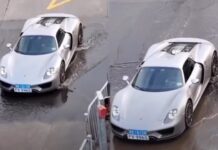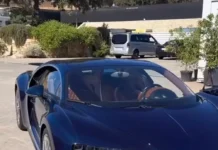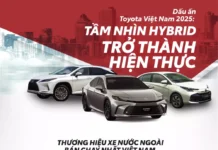At the 2025 Chongqing China Auto Forum, senior leaders from BYD, Geely, and Great Wall Motor (GWM) publicly criticized each other, reflecting the deepening divide in China’s electric vehicle (EV) industry.
The conflict unfolds against the backdrop of an increasingly fierce price war and a significant decline in industry-wide profit margins.
The Battle of Words Among Giants
Li Yunfei, General Manager of Communications and Public Relations at BYD, sparked a heated debate at the forum by condemning some competitors (without naming names) for their “dirty tricks,” “smear campaigns,” and manipulation tactics.
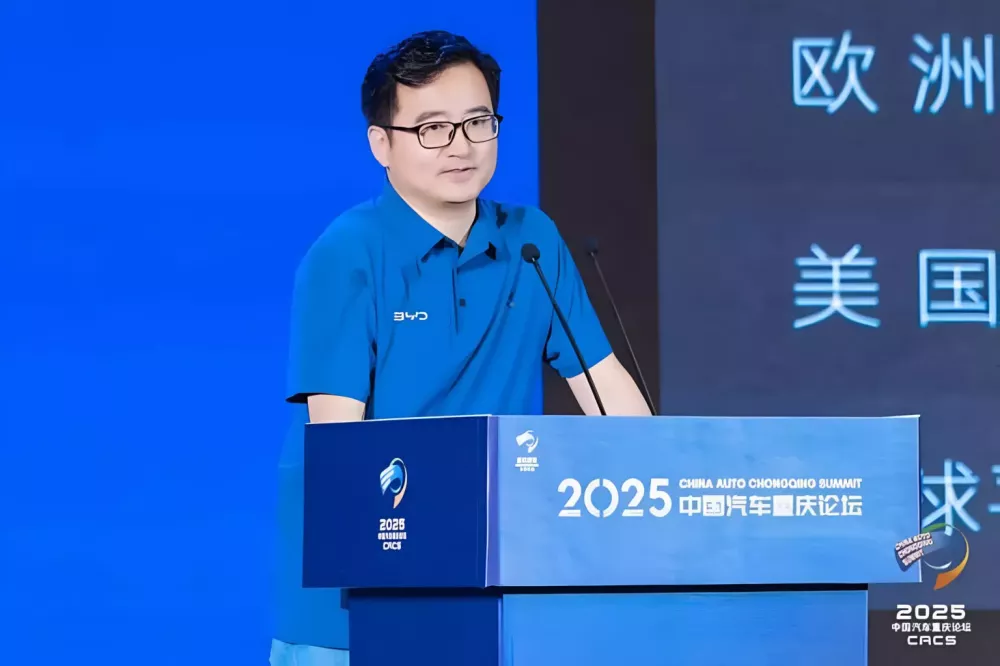
Mr. Li Yunfei, General Manager of Communications and Public Relations at BYD
This statement marked a turning point from the emotional appeal made by BYD’s Chairman, Wang Chuanfu, in 2023: “Let’s build China’s automotive industry together.” Two years later, that spirit of unity seems to have shattered. In a sharp rebuttal, Geely’s Senior Vice President, Victor Young, accused BYD of hypocrisy and suggested that this was a way to divert public attention. “Isn’t this a case of ‘cry thief!’?,” Mr. Young countered, emphasizing that disputes, such as GWM’s complaint about BYD’s hybrid vehicles not meeting emission standards, should be resolved through legal oversight rather than sentiment.
The confrontation went beyond BYD and Geely, spreading to other industry players. GWM’s Chairman, Wei Jianjun, had previously warned that the automotive industry was like a “ticking time bomb.” Yu Chengdong of Huawei criticized companies that achieved success with a single product, prompting a response from Xiaomi’s CEO, Lei Jun, who retorted on social media: “Slandering is also a way of expressing admiration.” Meanwhile, Chery maintained a more neutral stance. Chery’s Vice President, Li Xueyong, acknowledged the intense competition but suggested that challenges could foster long-term development if companies focused on their core competencies.
Mr. Li Yunfei asserted that BYD deliberately refrained from naming competitors following internal directives from Chairman Wang Chuanfu to avoid public attacks. Nonetheless, he referred to some rivals as “stupid and vicious,” calling for regulatory intervention against organized misinformation campaigns.
Victor Young dismissed this “moral constraint,” arguing that concepts like “non-cooperation” or “bad behavior” could not replace the law. His viewpoint gained support from several industry leaders. GAC Aion’s Vice President, Xiao Yong, referred to Young as “the spokesperson for the industry.” Seres’ Chairman, Zhang Xinghai, also warned that the current competitive environment was unsustainable, with declining profits and limited investment in innovation. Leaders from Changan and Chery echoed similar sentiments, advocating for a fairer approach to competition.
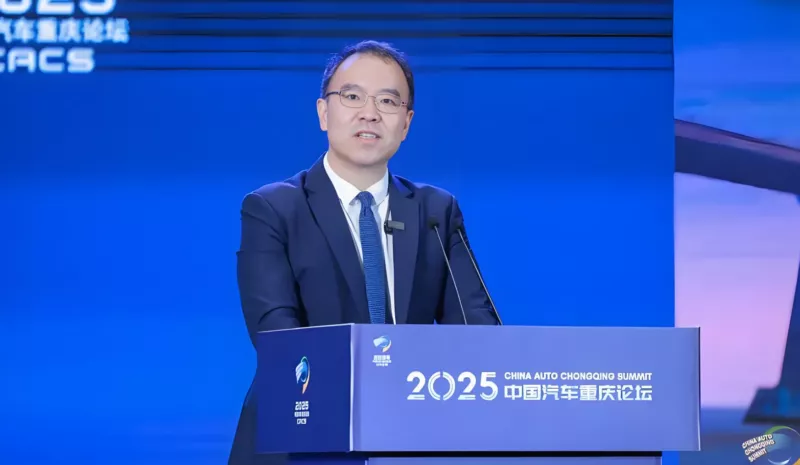
Mr. Victor Young, Senior Vice President of Geely Group
Price Wars Fracture the Automotive Industry
The root cause of the current tension lies in the intensifying price war. According to the China Council for the Promotion of International Trade (automotive branch), more than 200 models reduced their prices in 2023. In the first four months of 2025, over 60 models followed suit, peaking in May when more than 100 models were discounted by major brands. Industry-wide profit margins have taken a significant hit—dropping from 8.99% in 2014 to just 3.9% in Q1 2025. The market has become toxic, with rising sales but plummeting profits.
On May 31, the China Association of Automobile Manufacturers (CAAM) issued a statement condemning price-dumping behaviors aimed at eliminating competitors. Soon after, the China Automobile Dealers Chamber of Commerce also warned about the unrealistic sales pressure from automakers, arguing that this strategy was unsustainable in the long run.
A Crucial Phase for China’s EV Industry
Recent developments indicate that the Chinese automotive industry is shifting from moral appeals to stringent regulatory measures. As the electric vehicle penetration rate surpasses 40% in China, the market reaches its growth limit. Once protected by policies and high profit margins, manufacturers now find themselves in a bind, forced to lower prices to stay competitive while investing heavily in technologies like autonomous driving and solid-state batteries.
The consequences are evident: even Tesla, once a powerhouse in Europe, saw its Q1 2025 sales drop by 36% year-on-year to just 53,200 vehicles. Major markets like Germany and France experienced declines of over 60%. The price war is disrupting the once-profitable pricing structure, making high sales volumes unrelated to profits.
The electric vehicle game is entering a middle phase, where the cost of staying in the game is rising, and mistakes are unforgiving. Will the verbal sparring at the forum mark a turning point, or is it just another episode in a protracted war? Either way, one thing is clear: the era of unity in China’s automotive industry has given way to a battle for survival.
Electric Cars with an Edge: GM’s New Models Get an Exhaust System to Prevent Battery Fires
While Dodge opts for an emotional approach to electric vehicles by mimicking the sound of a combustion engine, General Motors takes a more pragmatic route. They focus on developing an “exhaust system” to enhance safety in the event of a battery malfunction, a practical innovation that showcases their commitment to driver security.
“VinFast Empowers Vietnamese Supporting Industries with Product Support and Assurance”
VinFast, Vietnam’s leading automobile manufacturer, is proud to announce an incredible opportunity for Vietnamese auxiliary businesses. We are offering a substantial incentive of up to 50% discount on land lease fees, along with a guarantee to absorb the output of these auxiliary businesses that join our automotive production chain. This is a testament to our commitment to fostering local industry and empowering Vietnamese enterprises.



